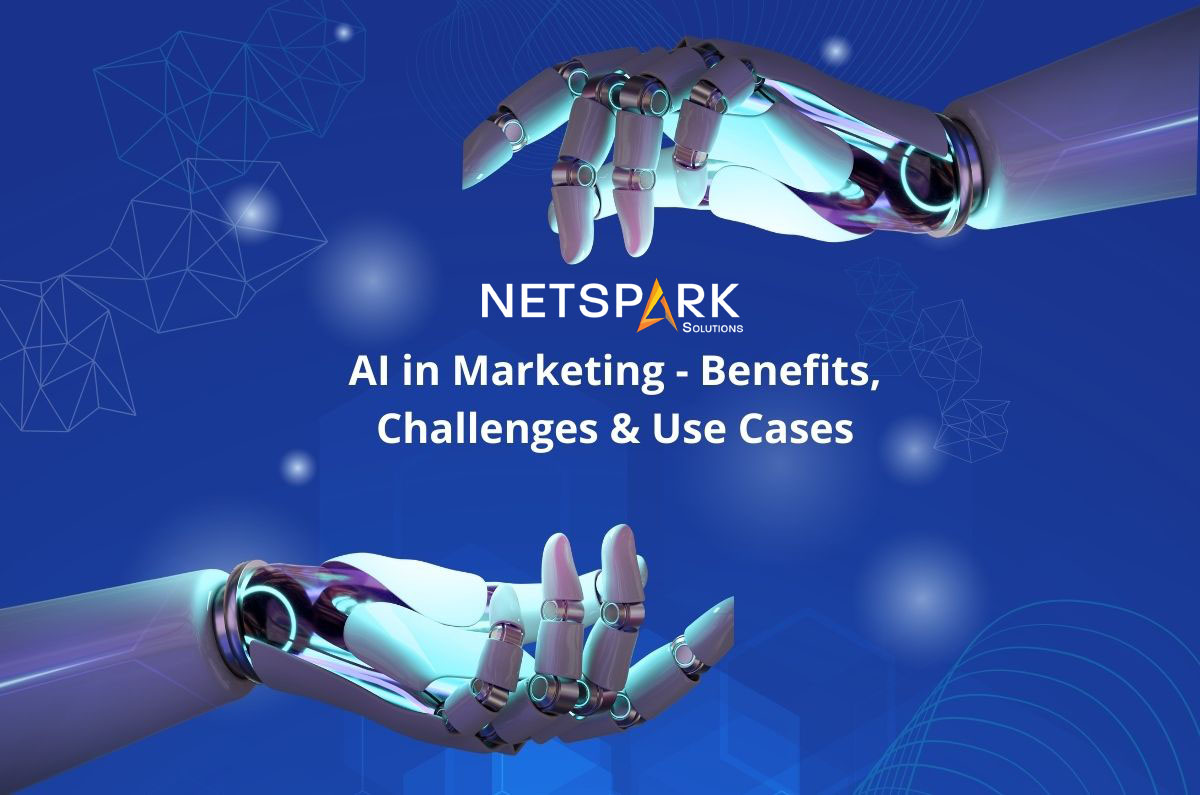When emerging technologies evolve, there’s typically an initial flurry of get-rich-quick schemes and rampant speculation. It’s crucial to sift through the noise and recognize the authentic value.
Forward-thinking enterprises that actively embrace the integration of Web3 technologies position themselves to unearth genuine and tangible benefits. This shift empowers companies not just to navigate the hype but to cultivate substantial, value-driven bonds with consumers. Through the utilization of Web3 capabilities, organizations can foster meaningful connections, accessing a wellspring of transformative potential that goes beyond mere technological adoption.
The pivotal transition towards a decentralized web, where individuals retain ownership of their data and digital identity, heralds a groundbreaking aspect of Web3 that profoundly influences customer loyalty. This transformative shift enables companies to establish a direct, unmediated relationship with consumers, marking a paradigm shift in how businesses engage with their audience. In the realm of Web3, the empowerment of users to own and control their digital footprint fosters not only a heightened sense of privacy but also a more personalized and trust-driven connection between businesses and consumers.
Read on to understand how Web 3.0 is reshaping customer engagement strategies.
Decentralized Data Ownership
Web 3.0 introduces a paradigm shift where users have more control and ownership over their personal data. This decentralization empowers customers to share their information selectively, fostering a more transparent and trust-driven relationship with businesses. Companies are required to be more respectful of user privacy, leading to improved customer trust and loyalty.
Personalized Experiences through AI
With the integration of artificial intelligence (AI) in Web 3.0, customer engagement strategies can become highly personalized. AI algorithms analyze vast amounts of user data to deliver tailored recommendations, content, and experiences, creating a more relevant and engaging interaction for each individual customer.
Smart Contracts for Enhanced Transparency
The use of smart contracts in Web 3.0 ensures transparent and self-executing agreements between customers and businesses. This transparency not only builds trust but also streamlines processes, offering customers a clear understanding of the terms and conditions, thereby enhancing their engagement with the platform.
Tokenization and Loyalty Programs
Web 3.0 facilitates the tokenization of assets, enabling the creation of decentralized loyalty programs through blockchain technology. Companies can reward customer engagement with cryptocurrency tokens, fostering a more direct and mutually beneficial relationship. This innovative approach adds tangible value to customer loyalty programs.
Community-Driven Decision Making
The decentralized nature of Web 3.0 allows businesses to involve their customers in decision-making processes. By leveraging decentralized governance models and incorporating customer feedback through blockchain-based mechanisms, companies can make more inclusive and customer-centric decisions, enhancing overall engagement.
Immutable Customer Reviews
In Web 3.0, customer reviews and feedback can be stored on decentralized ledgers, ensuring immutability and authenticity. This discourages fraudulent practices and provides a trustworthy source of information for potential customers, influencing their engagement and purchasing decisions positively.
Interoperability Across Platforms
Web 3.0 encourages interoperability, allowing different platforms and services to seamlessly connect and share data. This interconnected ecosystem provides customers with a unified experience across various digital touchpoints, reducing friction and enhancing engagement as users navigate through different online platforms effortlessly.
Decentralized Social Media Platforms
Web 3.0 encourages the development of decentralized social media platforms, where users have greater control over their content and interactions. This shift mitigates issues related to centralized censorship and data manipulation, providing a more authentic and engaging space for users to connect and share experiences.
Enhanced Security and Privacy Measures
The decentralized architecture of Web 3.0 incorporates robust security measures, reducing the risk of data breaches and cyber threats. With a focus on end-to-end encryption and user-controlled access permissions, customers can feel more confident about the safety of their information, resulting in increased engagement and participation.
Gamification and Incentive Mechanisms
Web 3.0 introduces innovative gamification and incentive models that reward user engagement. By incorporating decentralized finance (DeFi) principles, companies can create systems where customers earn rewards or tokens for various interactions, such as providing feedback, referring friends, or actively participating in the platform. This gamified approach adds an element of fun and motivation, driving increased customer engagement.
How Businesses Can Leverage Web 3.0 To Engage Customers More Effectively
Businesses can leverage the transformative capabilities of Web 3.0 to engage with clients more effectively by adopting innovative strategies that align with the decentralized and user-centric nature of this evolving digital landscape. Here are several ways businesses can harness the potential of Web 3.0 for enhanced client engagement:
- Implement AI-driven analytics to gain deeper insights into client behavior and preferences. With Web 3.0’s focus on decentralized data ownership, businesses can offer more personalized experiences by allowing clients to control and share their data selectively. This ensures trust and fosters a stronger connection between the business and its clients.
- Introduce tokenized loyalty programs using blockchain technology. By rewarding clients with cryptocurrency tokens for their engagement, purchases, or referrals, businesses create a direct and tangible incentive for clients to stay loyal. These tokens can be easily tradable or redeemable within the business ecosystem, adding value to the client-business relationship.
- Embrace decentralized communication platforms that prioritize privacy and security. By leveraging decentralized protocols, businesses can ensure confidential client communications, reinforcing trust. Platforms that enable encrypted, peer-to-peer interactions provide clients with a more secure environment to engage with the business.
- Involve clients in decision-making processes through decentralized governance models. By incorporating client feedback into business decisions, companies demonstrate a commitment to inclusivity and responsiveness. This participatory approach strengthens the client-business relationship, as clients feel their opinions are valued.
- Utilize smart contracts to streamline and automate transactions with clients. These contracts, executed on a blockchain, provide transparency and eliminate intermediaries, ensuring that clients have a clear understanding of terms and conditions. This transparency enhances trust and facilitates smoother transactions.
Conclusion
The boom of Web 3.0 marks a pivotal moment in the evolution of customer engagement strategies. This decentralized and user-centric paradigm is reshaping the way businesses connect with their clients, fostering a more transparent, personalized, and mutually beneficial relationship. Through innovative technologies such as AI-driven personalization, tokenized loyalty programs, and decentralized communication platforms, businesses can now offer more meaningful and secure interactions. The shift toward community-driven decision-making, smart contracts, and immersive technologies further enhances the overall engagement landscape. As Web 3.0 continues to unfold, businesses that embrace its principles will not only adapt to the changing digital terrain but also thrive by creating authentic, trust-based connections with their clients.










